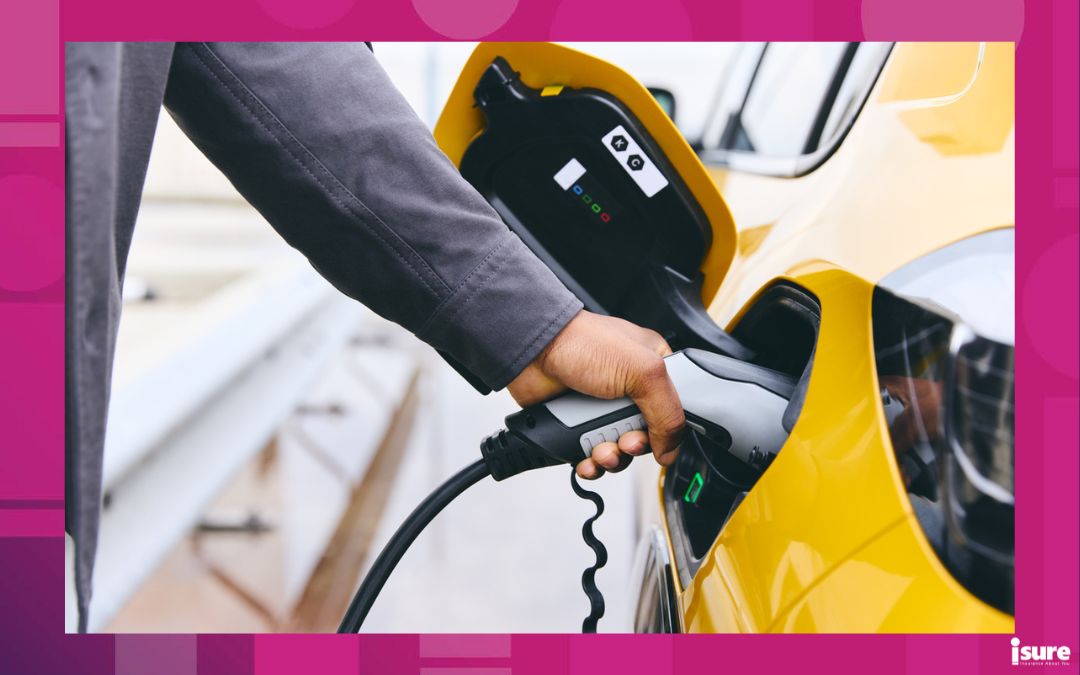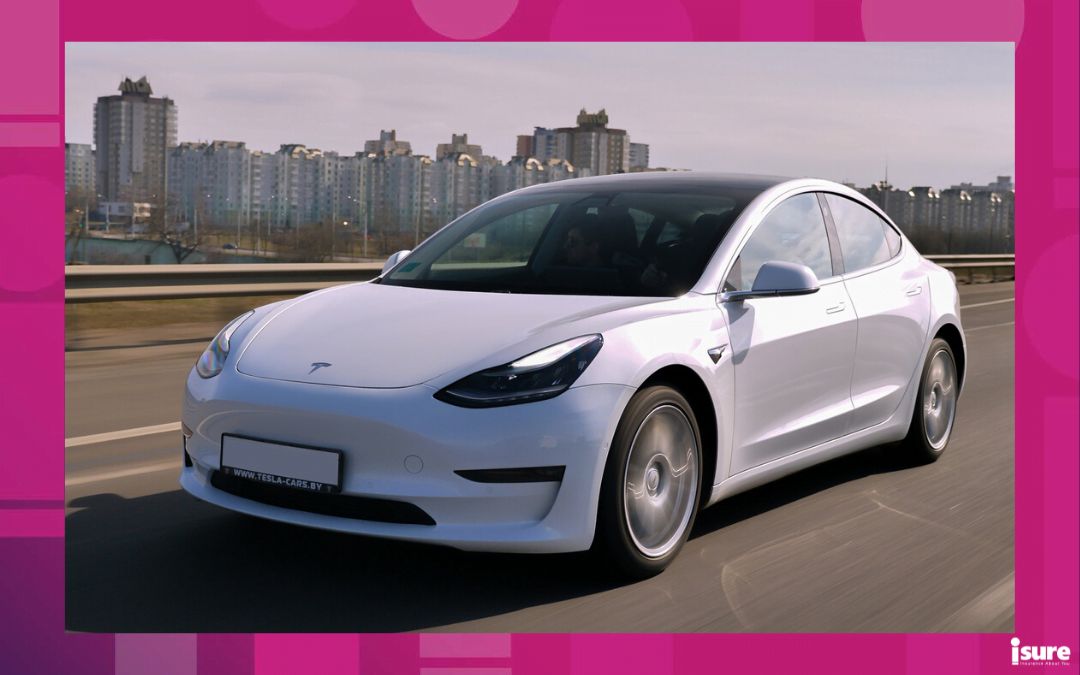It’s no secret that electric vehicles are all the rage these days. Every day, more electric vehicles appear on Ontario roads, with charging stations popping up at all your local stores and offices. With the rising popularity, many people are left curious about the dependability of electric vehicles in comparison to other alternatives. How do they hold up against gas-powered vehicles or hybrids? Is the hefty price tag of the newest Tesla worth it? According to a recent article from Consumer Reports, electric vehicles might not be as reliable as they may have you believe.
So, are electric vehicles reliable?
According to the CR article, electric vehicle owners tend to report many more issues with their EVs in comparison to those who drive classic fuel vehicles or hybrids. Their annual car reliability survey unveils that electric cars from the past three models were just shy of 80% more problems in comparison to their alternatives. Other areas saw issues as well, including troubles with both the battery and charging systems. Additionally, there were flaws in how the vehicles’ body panels and interior parts fit together.
A recent poll states that different manufacturers who design electric vehicles are still in the process of learning how to construct completely new power systems. If the companies can do so, they will improve the overall reliability of their vehicles drastically.
What can be done to improve electronic vehicles?
When expanding on how electric vehicles can improve, the survey highlights other areas that can use improvement. This includes engine, transmission, electric motors, leak,s and infotainment systems. This information is based on 330,000 vehicles with over 20 potential problem areas.
“Most electric cars today are being manufactured by either legacy automakers that are new to EV technology, or by companies like Rivian that are new to making cars,” says Jake Fisher, Senior Director of auto testing at Consumer Reports.
“It’s not surprising that they’re having growing pains and need some time to work out the bugs.” Fisher states that many of the common issues include motors, charging, and the batteries that come with the EV batteries.
Electric vehicle reliability: Tesla falls into a grey area
Tesla, the most popular manufacturer of EVs, fell somewhere in the middle for this survey. For example, the Model Y of 2020 is a recommendation for the first time this year by Consumer Reports. Many people report few issues with its suspension, electronics, and general build in comparison to previous builds. Its predecessor, the Model 3, is also a Consumer Reports recommendation.
However, Tesla isn’t quite there when it comes to creating a flawless or reliable electric vehicle.
“While Tesla’s EV components are generally reliable, the company continues to struggle with the build quality of its vehicles,” says Steven Elek, the leader of auto data analytics at Consumer Reports. “Tesla owners report a lot of build quality issues including irregular paint, broken trim, door handles that don’t work, and trunks that don’t close. All of these pull down the brand’s reliability score.”
Hybrid vehicles reigning supreme
One type of vehicle that that stood out during the survey was hybrids. Continuing from previous years, the survey shows that these vehicles have 26% fewer problems in comparison to a conventional gas vehicle.
“It might not seem long ago, but Toyota launched the Prius hybrid about 25 years ago,” Elek says. “Automakers have been making hybrids long enough that they’ve gotten good at it. Plus, many hybrids are also made by manufacturers that tend to produce reliable vehicles overall, such as Toyota, Hyundai, and Kia.”
It is important to note that hybrids are not usually chock-full with high-tech features that can become prone to issues. On the other hand, many electric vehicles have high-tech features, such as multiple customizable displays. Of course, there will always be exceptions when it comes to reliability trends. This is why it is so important to consider the reliability score of any electric vehicle model before buying. An example of this is that plug-in hybrid electric vehicles (PHEVs) are generally classified as ‘unreliable’ overall. However, the Toyota RAV4 PHEV is considered one of the most reliable models in the Consumer Report survey for 2023.
Regardless of the type of vehicle you drive, it is important to have reliable insurance in case the inevitable occurs. If you’re in the market for an electric vehicle and need a new car insurance policy, contact us or request a quote today!




